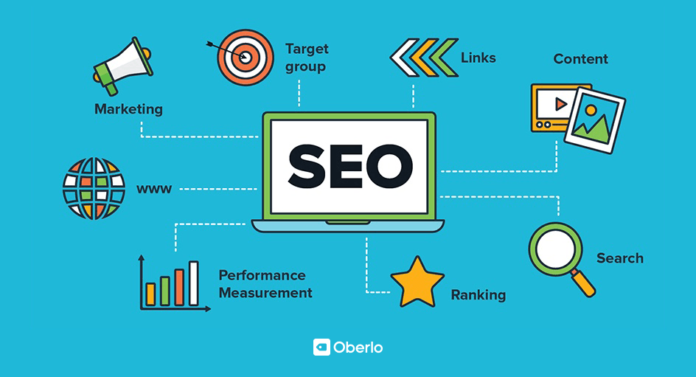Search engine optimization is popular for its cost and time effectiveness; because all the assets you create and changes you make are semi-permanent, and because your domain and page-level authority will grow consistently over time, there’s no upper bound to the results you can see.
The flip side, of course, is the time factor; many newcomers are reluctant to approach SEO, and even experienced search optimizers lament having to spend hours of time on things like keyword research and ranking analysis on a regular basis.
Fortunately, there are some ways to mitigate this time loss, and improve the total ROI of your SEO campaign.
Major Sources of Time Loss
These are the areas most responsible for wasting time in an SEO campaign:
1. Initial momentum.
First, if you’re building domain authority for the first time, you can expect a massive holdup at the outset of your campaign. Before you can start ranking for keywords that get any kind of significant traffic, you need a decent authority score and relevance for a handful of target keywords. One method if to use websites such as SubscriberZ to get website traffic in the initial stages. According to SEO Mechanic, that could take anywhere from 4 to 8 months, depending on what you’re targeting, how much effort you’re putting in, and who you’re competing against. Unfortunately, there’s not much you can do about this hurdle.
2. Feedback delays.
You’ll also lose time to feedback delays. SEO is an ongoing experiment; you’ll make efforts, wait to see results, and then adjust those efforts based on the results you see. Unfortunately, it takes time for Google’s index to catch up with your changes, which can push your response time back up to 60 days. These days, predictive analytics software like Market Brew can simulate results in the span of a few hours, so you can cut that time drastically if you skip ahead.
3. Content creation.
Content is your most powerful ongoing tool for SEO, but it’s going to drain your time quickly. According to Buffer, a high-quality blog post (of roughly 1,500 to 2,000 words) takes somewhere between 2.5 and 3.5 hours to write, depending on what resources you rely on, how in-depth you go, and how fast you can write. Ultimately, you want your posts to be high-quality no matter how much effort it takes, but if you haven’t optimized this process, you can end up spending far more hours than necessary.
4. Link redundancy.
Inbound links are the best way to build your domain authority, but if you get stuck building links on the same domains, or pointing to the same internal page of your site, you’ll end up wasting your efforts. Each successive link on a domain returns a significantly lower amount of authority, so it’s far better to spend your efforts pursuing new domains.
5. Link loss.
You can also see time loss if a link you’ve built–which probably took at least a few hours of effort–is suddenly removed. Some links will be removed due to new policies at your target domain, and there isn’t much you can do about these. Instead, focus on producing the best content you can for your external publishers–that’s something you can control.
6. Tactic noise.
Your SEO strategy will include dozens of different tactics and approaches at once, so if you see results–or no results–it may be difficult to search out which of your tactics or changes was most responsible for the increase or decrease. You can reduce the time it takes to make this evaluation by trying new tactics and changes out one at a time–provided you have a “control” established at the beginning.
7. Penalties and plateaus.
Finally, if you suffer a penalty from Google or reach a plateau where your results just aren’t increasing, you’ll spend a disproportionate amount of time digging yourself out of that hole. Fortunately, Google is pretty open about how it penalizes sites, and publicly publishes its webmaster guidelines so you can tell if any of your on-site content is in violation of those rules. Accordingly, penalties are easy to avoid. Plateaus, on the other hand, are annoying, and all you can do to avoid them is keep experimenting and upping your game.
Striving for Efficiency
There’s going to be some level of time loss in your campaign no matter what you do; your goal should be to minimize that time loss as much as possible. At the end of the day, your SEO results only matter in proportion to the amount of time and money you spend on your campaign; efficiency is a measure of maximizing results per hour (or dollar) spent.
These highlighted sources of time loss and associated recovery tactics are meant to bring your attention to this area and, hopefully, provide you the groundwork for improving your own efficiency.































